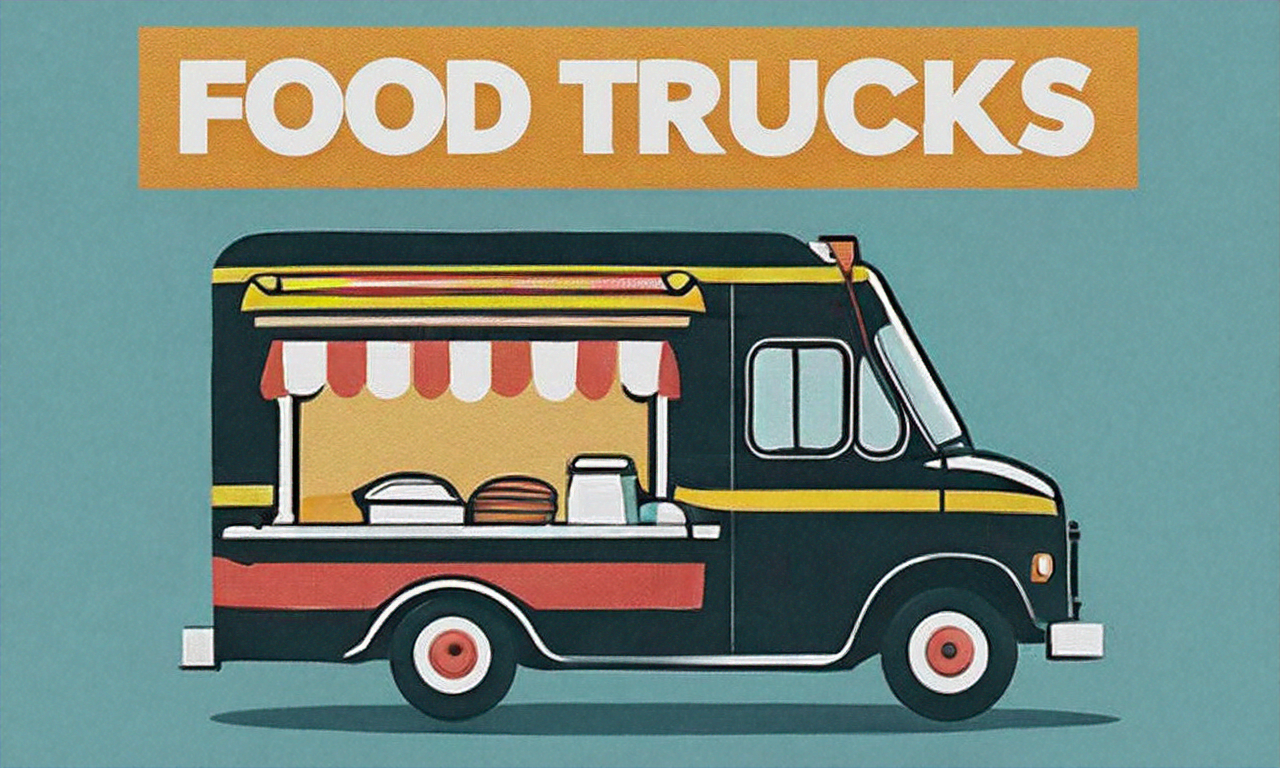Starting a Food Truck Business: A Complete Guide to Financing and Success
Food trucks have revolutionized the restaurant industry by offering entrepreneurs a more accessible entry point into the food service business. With lower startup costs than traditional restaurants and the flexibility to meet customers where they are, food trucks represent an attractive opportunity for aspiring business owners to pursue their culinary dreams.

Exploring Food Truck Financing Options
Several financing options are available for aspiring food truck entrepreneurs. Traditional bank loans, Small Business Administration (SBA) loans, and equipment financing are common choices. Alternative funding sources include crowdfunding platforms, personal loans, and investor partnerships. Each option comes with different interest rates, terms, and qualification requirements.
| Financing Type | Typical Loan Amount | Average Interest Rate |
|---|---|---|
| SBA Loans | $50,000 - $500,000 | 5.5% - 8% |
| Equipment Financing | $5,000 - $100,000 | 8% - 30% |
| Traditional Bank Loans | $25,000 - $300,000 | 3% - 7% |
| Alternative Lenders | $5,000 - $200,000 | 10% - 80% |
Prices, rates, or cost estimates mentioned in this article are based on the latest available information but may change over time. Independent research is advised before making financial decisions.
Creating a Solid Business Plan
A comprehensive business plan is essential for securing financing and guiding your food truck’s growth. Include detailed market analysis, financial projections, marketing strategies, and operational procedures. Lenders and investors will scrutinize these elements when considering funding requests, making this document crucial for entrepreneurial success.
Managing Food Truck Operations
Successful food truck operations require efficient systems for inventory management, staff scheduling, and location planning. Entrepreneurs must also navigate local health regulations, parking restrictions, and permit requirements. Implementing point-of-sale systems and food cost controls helps maintain profitability in this competitive industry.
Marketing Your Food Truck Business
Digital marketing plays a crucial role in food truck success. Utilize social media platforms to announce locations, share menu updates, and engage with customers. Building an email list, participating in local events, and establishing partnerships with local businesses can help create a loyal customer base. Consider developing a website to showcase your menu and accept online orders.
Scaling Your Food Truck Enterprise
Many successful food truck entrepreneurs expand their operations through various growth strategies. Options include adding more trucks, establishing permanent locations, or developing product lines for retail sale. Each expansion path requires careful consideration of additional financing needs and operational capabilities.
Launching a food truck business combines culinary creativity with entrepreneurial skills. While the initial investment and ongoing operational challenges can be significant, proper financing and business planning can help create a sustainable and profitable enterprise.






